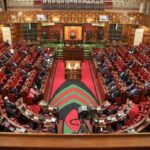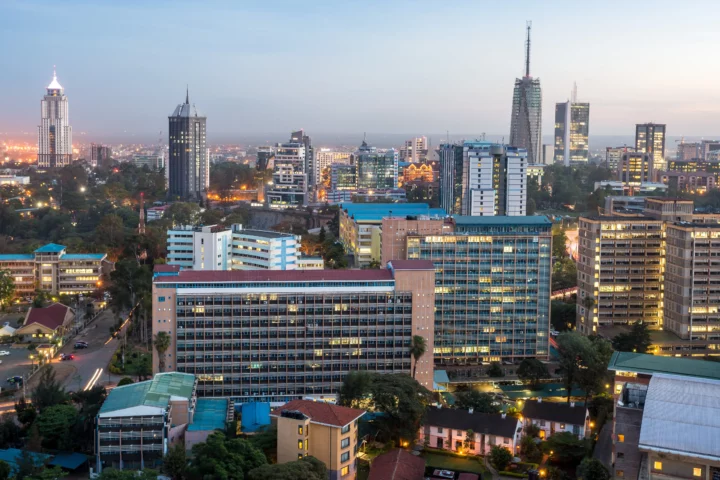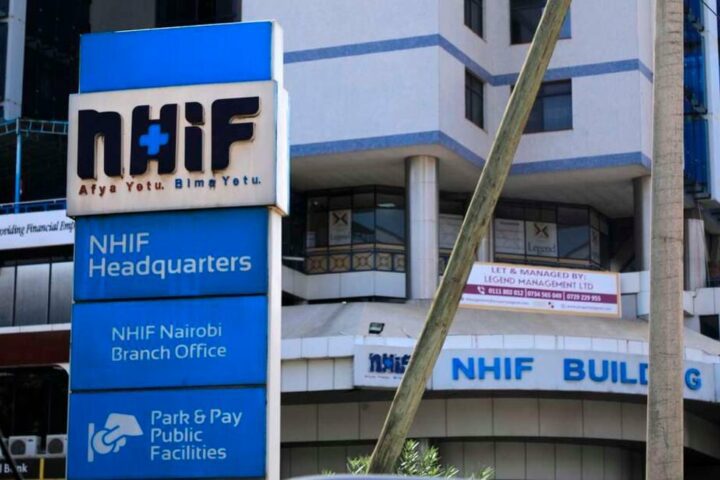It is no longer easy to survive on a salary of Sh46,355 in Nairobi, given the exposure of this segment of earners to higher poverty tax. Inflation, a measure of how much more expensive a set of goods and services has become over a certain period, averaged 7.2% in Nairobi last year, which was lower than the national average of 7.7%.
Despite the lower figure than the national average, low-income households in East Africa’s biggest city were hit hardest by the rising cost of living, since the bulk of their income is spent on food.
Data published in the Economic Survey 2023 on inflation experienced by different income classes in Nairobi reveal that the cost of living across low-income households last year rose by 2.1% to 8.1%.
A low-income household in Nairobi spends 61% of its income on food, rent and utilities compared to dwellers in other urban areas who spend 53% on the same commodities.
The high proportion of food and other basic needs in total expenditure exposes low-income households to shocks as a result of increasing food and energy prices.
On their part, middle-income households witnessed a 6% increase in the cost of living from 4.2% in the previous year, while high-income households reported inflation of 5.7% from 4%.
The statistics agency defines low-income households in the capital as those with a monthly spend of below Sh46,355.
Middle-income households have been defined as those that spend between Sh46,356 and Sh184,394 monthly and the rich are those whose monthly spending is above Sh184,394.
The high inflation witnessed last year was largely attributed to the increase in the cost of foodstuffs as a result of the drought and the increase in fuel costs brought by geopolitical disruptions.
Food and energy, which takes up a combined 42% of the consumer food basket, is the biggest contributor to the hard-economic times being witnessed in Kenya.
The frequent increment in commodity prices has exposed vulnerable households to higher poverty tax — the excess expenditure on a good because of the financial inability to buy large quantities.
For instance, a household buying Sh20 repackaged cooking oil daily will spend Sh1,200 in two months while a middle-income household will spend Sh700 in a single purchase of a three-litre cooking oil that will last over the same period.
Poor households cannot also enjoy the economies of scale that come with purchasing large quantities as prices for larger quantities are usually discounted.
The survey also revealed that 70.89% of Nairobi households are in the lower-income category, a quarter of city dwellers are in the middle-income group and only 3.5% are in the high-income cadre.




























